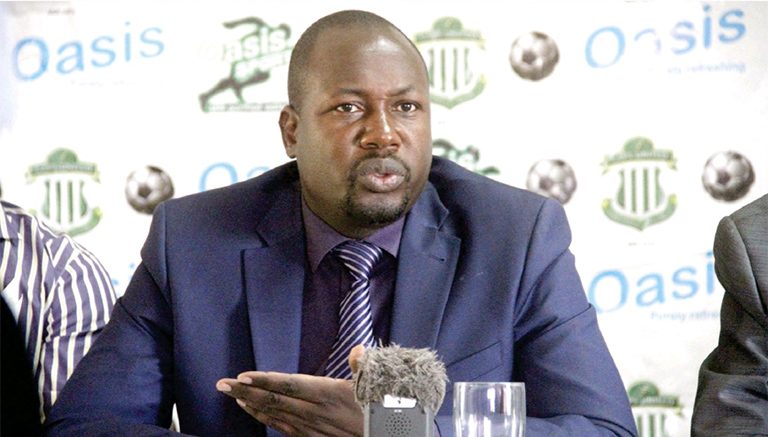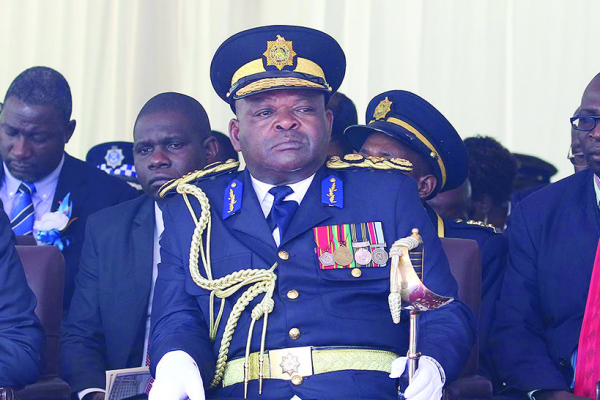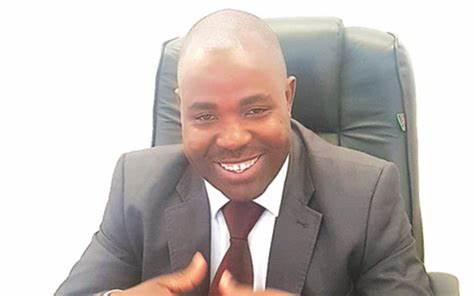HARARE – CAPS United chairman and businessman Farai Jere has been acquitted of fraud over a US$3.5 million ZESA smart meter supply tender.
He had been charged alongside two ZESA engineers Leonard Chisina and Freeman Kuziva Chikonzo, who were also cleared at the close of the state case on Friday.
Harare regional magistrate Marehwanazvo Gofa acquitted the trio after ruling that there was no evidence produced in court to establish the essential elements of the charges.
Gofa said all witnesses who testified corroborated the three men’s evidence.
Jere, through his company, Helcraw Electrical, had been accused of winning the meters supply tender by misrepresentation, and supplying smart meters which did not meet the tendered specifications for which the company was paid US$3,566,878.02.
It was alleged that Jere misrepresented to ZESA power distribution unit, ZETDC, that a company known as Secure Meters (Pvt) Ltd had a manufacturing plant for smart meters and Head End System in the United Kingdom. Prosecutors said there was no such a manufacturing plant.
On November 24, 2018, Jere, together with ZESA engineers Julius Mapapi and Munyaradzi Tshuma went to the United Kingdom in the company for the purpose of carrying out the agreed Factory Acceptance Test. Once in the United Kingdom, Jere and the engineers went to a warehouse where there were some smart meters. The factory at which the Factory Acceptance Test was supposed to take place was non-existent, hence no such test was
done
The meters which were purportedly tested did not meet the specifications on the basis of which the tender had been awarded to Helcraw. It was further alleged that Helcraw produced a fake Factory Acceptance Test visit report which Chikonzo and Chisina signed. The engineers who had gone to the United Kingdom with the applicants allegedly refused to sign the report because it fraudulently misrepresented what had transpired, but were forced by Chisina to sign it.
The prosecution case suffered several setbacks, magistrate Gofa noted, after Mapapi and Tshuma maintained that they had signed the allegedly falsified report approving Helcraw without any pressure, insisting that it was the correct record of what transpired in the United Kingdom.
Francis Masawi, a consultant hired by ZESA to review the contract, disowned a report used by police to arrest the trio purportedly written by him. He told magistrate Gofa that he saw it for the first time at the police station.
“Even the investigating officer told the court that if he had been told of what really transpired, he would not have wasted time probing the case,” Gofa said as she acquitted the trio.
The meters were removed from ZESA’s network because they were not of the correct specification.
When the matter came before Justice Happias Zhou in March this year when Jere, Chisina and Chikonzo unsuccessfully applied to have the charges quashed, the judge said current legislation was perhaps not sufficient to protect state enterprises from being shortchanged.
The judge said: “There is perhaps need to make a recommendation to the legislature to rethink the legal framework for dealing with matters such as this one and related cases. Recently there has been an increase in cases involving government ministries, departments and other public sector entities and enterprises on the one hand, and private companies and citizens on the other hand.
“The nature of corruption and the way of doing business involving these entities has probably mutated from what it may have been when the legal framework in terms of which we operate was conceived and developed. Levels and the nature of corruption have also become very sophisticated.
“The state, its entities and enterprises either genuinely lack capacity to negotiate these contracts or, in some cases, there may be complicity or connivance of those involved in the negotiation, implementation and even monitoring and evaluation of the contracts entered into. The time has perhaps come for the state to consider criminalising a breach of contract where the party breaching or failing to perform adequately or at all is a private person or entity and the other party is a public sector organisation. Such criminal liability could be extended to the directors and other
senior employees of the private entities involved.
“This approach would ensure that only serious performers tender for public sector work. Situations where a person who, or company which, does not own even a shovel successfully tenders for the construction of a road or other massive infrastructure are very real these days. It is only when no service is rendered or the service rendered is substandard that it is realised that the contractor was either a brief-case company or was connected to some of those who would have negotiated on behalf of the public sector entity or somehow corrupted those involved in the decision-making process.
“It should be worrying that public resources are spent by the public sector on legal proceedings seeking to enforce contracts or to recover money paid, or in conducting prosecutions, where the other party would have known
at the onset that the tender was not genuine or was made in the hope of finding some other company or person to do the work for a small amount while the company tendering for the work pockets the bulk of the money.”
















